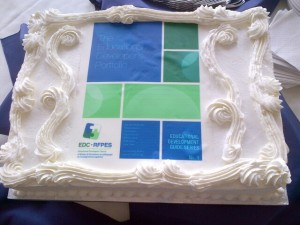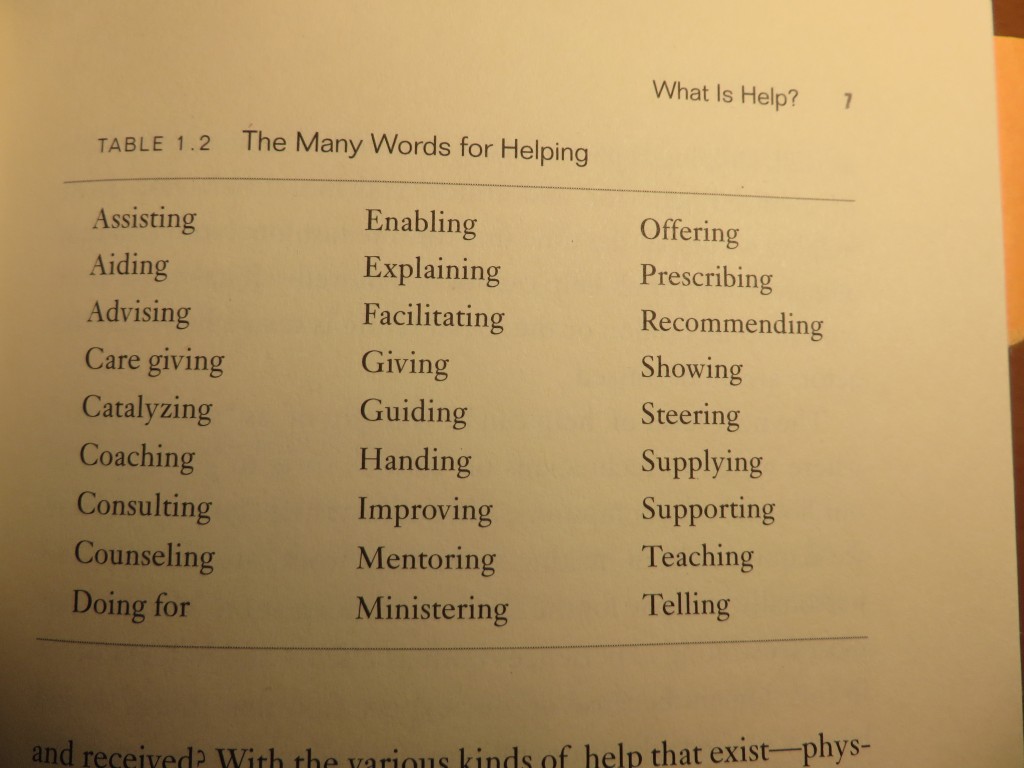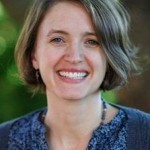FAILFares are not about celebrating failures, but rather about providing ‘a space in which people can celebrate taking risks and the open and honest sharing of information …so that we could learn from these things.’ – (Trucano, 2011)
I recently read an interesting blog post, by Michael Trucano (@trucano), that described his experience of organizing and hosting a FAILFaire for the World Bank. It got me thinking about the application of this concept to educational development.
A FAILFaire, I learned from the post, is an event that recognizes projects, within an organization, that have not worked: “the pilots that never got anywhere, the applications that are not delivering, the projects that are not having any measurable impact on the lives of people, and the cultural or technical problems that arise.”(MobileAction NGO, quoted in blog post). The philosophy driving FAILFaire initiatives is that sharing lessons about what doesn’t work can encourage people to be innovative and entrepreneurial because lack of results if a likely outcome of any innovation.
Trucano cautions that these events are not about celebrating failures, but rather about providing “a space in which people can celebrate taking risks and the open and honest sharing of information (even and especially about what doesn’t work or isn’t working) so that we could learn from these things.”
He proposes that FAILFaires have two main objectives:
- to generate lessons learned from experience and determine how these may be useful to other colleagues working on similar projects;
- to encourage open dialogue among colleagues about how to respond to professional challenges, in the hopes of addressing these more productively.
In his blog post, Trucano shares seven ground rules for presenters and also offers other practical suggestions and lessons learned from his own experience.
Possible Applications to Educational Development
Within our educational development community, I see many applications. Keeping the two overall objectives in mind (above), FAILFaire events could include:
- A FAILFaire within your Centre for centre staff only
- A FAILFaire at a conference (i.e. lessons learned from educational development lessons or learned in SoTL research design or implementation)
- Help a receptive department or Faculty organize a FAILFaire in which faculty members and other instructors share lessons learned from their teaching and learning failures (if you manage this, please let me know!)
- Encourage those you work with to reflect on lessons learned from risks they took in teaching or educational development
- If you blog or do podcasts, consider sharing an educational development or teaching failure and what you have learnt from it (I’m going to hold myself accountable to doing this in the next few months).
- See, for example, this post by Lee Skallerup Bessette (@readywriting).
- Bonni Stachowiak (@bonni208), in her excellent Teaching in Higher Education podcast, also frequently asks her guests to reflect on a significant failure.
- And/or, as University of Waterloo’s Centre for Teaching Excellence has done, make it the theme of your annual teaching and learning conference (for 2016, this CTE has made the theme “Learning from Challenge and Failure” — well done Julie Timmermans and colleagues!)
Why bother? Because:
Only if we understand what doesn’t work in this field, can we collectively learn and get better.*
*FastCo article “How FAILFaire Turns Epic Fails Into Successes”
Thank you to the lovely Dr. Julie Timmermans for the conversations that inspired this post.
 Photo: taken by Jeanette McDonald. Cake made in honour of first EDC Guide (ours!) in the Series.
Photo: taken by Jeanette McDonald. Cake made in honour of first EDC Guide (ours!) in the Series.

